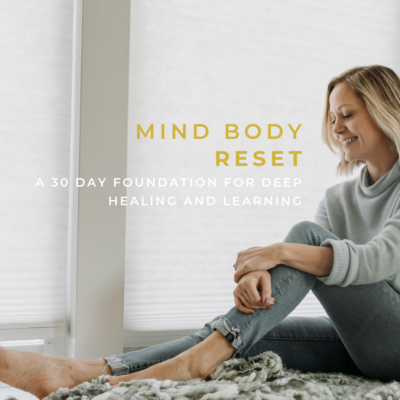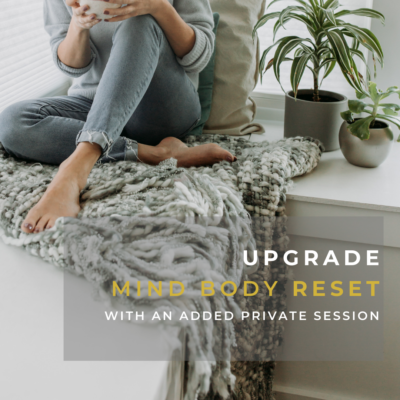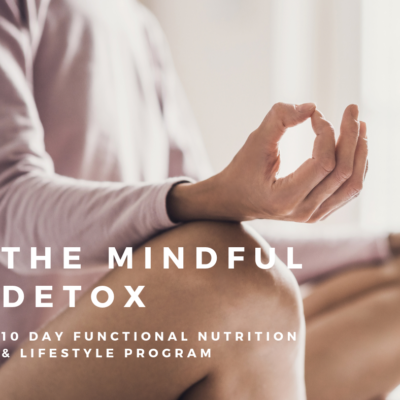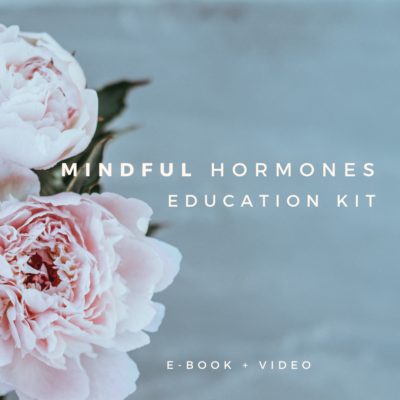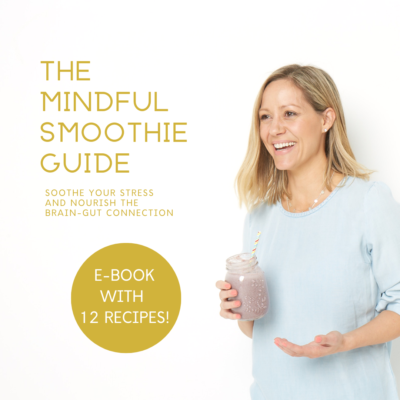Getting a good nights sleep is so important for our health, yet for many people it is sadly just not happening.
They may feel tired, and crave sleep all day, only to lay awake at night.
Restless. Wired. Mind racing.
It’s not fun. And it definitely has repercussions.
[Read my article ‘Feeling groggy? You may need to detox your brain’ to learn more about the importance of sleep for health.]
For those experiencing insomnia in any form, I recommend starting with these areas.
9 Steps to a Better Sleep
- Have a night time and morning routine – this helps set your natural circadian rhythm (sleep wake cycle in the body)
- Exercise early in the day – exercising in the evening can increase energy and make sleep more difficult
- Cool your sleep environment – turn down the heat and open the windows. A cool environment helps your body better regulate it’s temperature.
- Reduce electrical gadgets nearby – electro magnetic energy from tv’s, alarm clocks, electric blankets can interfere with our own energy (which is also like electricity).
- Put blue light devices away at least 2 hours before bed – smart phones and tablets produce light which can disrupt our circadian rhythm. You can often switch your phone to a ‘night mode’ to reduce this exposure, however just switching them off completely is even better.
- Use a herbal sleep tea, ‘moon milk’, or natural medicine formula – my favourite products and ingredients are: Botanica Moon Mylk, U-Dream, Integrative Therapies Cortisol Manager, Metagenics NeuroCalm, 10mg Melatonin, Sour Cherry (contains natural melatonin), and products containing Lactium, Zizyphus and Magnolia. (note some listed are prescription only when you become my private patient).
- Stabilise your blood sugar – eating a PFF (protein fibre fat) diet will help reduce blood sugar spikes, often the cause of sleep disruptions and waking at odd hours.
- Write down tomorrow’s to do list – letting the mind relax properly is essential to switch into rest mode, let the day go and make sure you can let tomorrow go too.
- Practise meditation daily – meditating during the day (before 8 pm) will help train your nervous system to rest better. The science is very strong that meditators DO sleep better. I recommend 20 mins/ day to all my patients.
You may need to look at supporting your liver too, especially if you wake around 3am. This time is often a sign of liver stress as the body detoxes in cycles, and the liver back logs sometimes show up at night.
Melatonin supplements (or tart cherry extract) can be helpful for some, as our own production declines as we age. But it’s not a guaranteed magic cure for everyone. I am a big advocate also for the numerous herbal and nutritional supplements available. Find a formula, or tea you like, or use both. For an everyday ritual I love relaxation herbs like ashwaganda, lavender, rehmannia, zyziphus, and tulsi. You can take them each in tea, tablet or tincture. On their own, or combined.
Personally I love a nighttime ritual and sipping them slowly is part of the calming effect. The last few nights I’ve been making the new Botanica Health Lavender Moon Mylk, which is based on Ayurvedic wisdom, and contains some wonderful calming ingredients.
Remember your night time routine doesn’t just happen at night. All the things we do, eat and feel through the day will impact our sleep quality.
As with every symptom, not sleeping well is about looking deeper to understand what the triggers are, and what the body needs to be more in harmony.
For more support with sleep and mindful living, have a look at my 10 Day Mindful Detox Program.
Yours in shining health,
xo Sita


